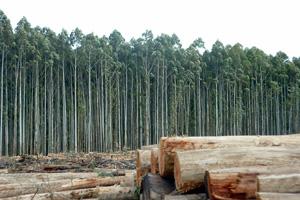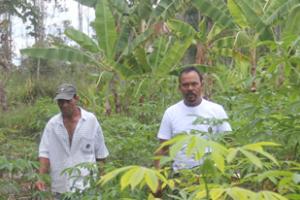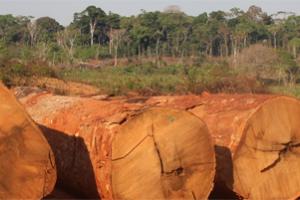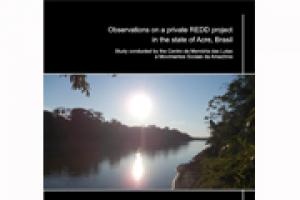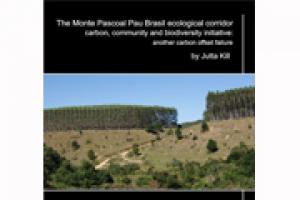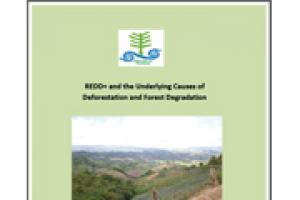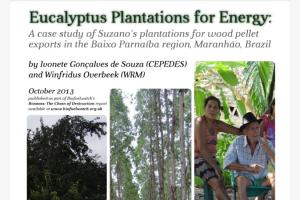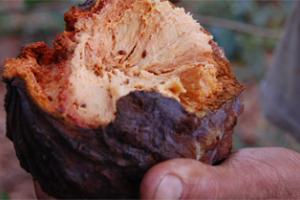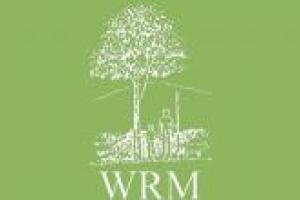On March 8, 2014, peasant farmers from organizations including the MPA, MST, MMC, Quilombolas, the Union of Rural Workers of Mucuri and Montanha and Fetaes, along with youth activists and other social movements, took to the streets of Montanha, in the state of Espírito Santo, Brazil, to denounce the pact between large landholders, the public administration and multinational corporations like Fibria (formerly Aracruz Celulose) to transform the region into an “enormous desert of eucalyptus”.
Brazil
Other information
5 April 2014
Other information
7 March 2014
Once again we are calling for your support for the legitimate struggle of the Tupinambá indigenous people of the state of Bahia, Brazil.XXX
Bulletin articles
23 December 2013
Bulletin articles
23 December 2013
In the business world, “sustainability” promises, among other things, that economic activity does not violate the rights of the communities affected, and that future generations will be able to continue to benefit from the natural setting where the activity is practiced. NGOs, companies and governments who promote “sustainable forest management” (SFM) claim that this is possible to achieve in tropical forests, using certification from the Forest Stewardship Council (FSC) as a guarantee.
Publications
27 November 2013
Study conducted by the Centro de Memória das Lutas e Movimentos Sociais da Amazônia.
Publications
17 November 2013
by Jutta Kill, World Rainforest Movement.
Document published in "Leyes, políticas y economía verde al servicio del despojo de los pueblos" (Laws, policies and green economy at the expense of communities dispossession) special compendium of the "Biodiversidad sustento y culturas" (Biodiversity livelihoods and cultures) magazine carried out jointly by Alianza Biodiversidad, World Rainforest Movement (WRM) and Friends of the Earth Latin America and the Caribbean (ATALC) in December 2013.
Other information
13 November 2013
The Global Forest Coalition launched a new report on 'REDD+ and the Underlying Causes of Deforestation and forest Degradation' based on five case studies in Brazil, Colombia, India, Uganda and Tanzania elaborated by national organizations in those countries themselves. It was launched at the 19th Conference of the Parties of the Climate Convention in Warsaw.
Publications
7 November 2013
Also available in Portuguese.
This is the first documented case of a land-grab in Brazil for biomass destined for power stations in the UK. The authors of the Brazilian case study are Ivonete Gonçalves de Souza (CEPEDES) and Winfridus Overbeek (World Rainforest Movement).
Publications
7 November 2013
This is the first documented case of a land-grab in Brazil for biomass destined for power stations in the UK. The authors of the Brazilian case study are Ivonete Gonçalves de Souza (CEPEDES) and Winfridus Overbeek (World Rainforest Movement).
Bulletin articles
31 October 2013
Other information
31 October 2013
During the first week of October, indigenous peoples staged protests throughout the country, including the capital, Brasilia, against the attempt of sectors of the National Congress, particularly a group of legislators with ties to mining and agribusiness companies, to modify the Brazilian Constitution with regard to indigenous rights.
